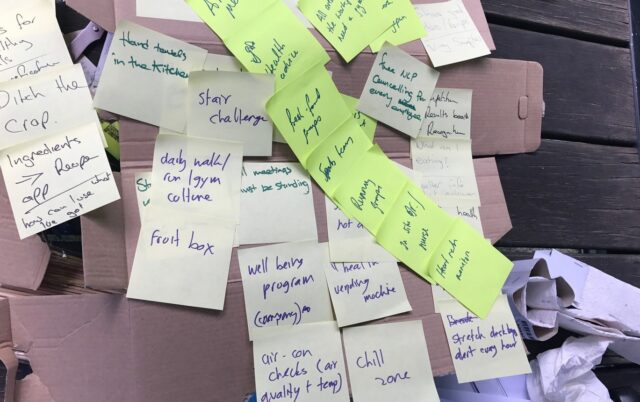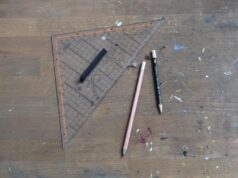
Most schoolwork involves researching on given topics, especially when handed an assignment. The problem is most students do not know how to carry out the research in the right way.
Carrying out research gives you a chance to apply new ideas and thoughts through testing them. It opens doors for the discovery of new advancements that are of great impact to life. Doing this right is crucial in ensuring your work is excellent and following the ten steps below will lead you to it.
1. Plan how you will conduct the research

A good plan equals the accomplishment of a project in time for submission or execution. It motivates you to push on for it to end in the rightful way.
Begin by setting the date of starting the research, then lay down micro-activities alongside the days needed to carry them out before finalizing on the completion day. Do not forget to include a period of reviewing your work after finishing it.
2. Use online resources to research

Online sources of information accumulate data into a simple form that will enable you to understand. Choosing the right online sources is crucial in ensuring your work is credible and can earn you good points in case of a project.
These platforms give a detailed explanation of points and include other points of reference to help in conducting further investigation. Avoid sticking to one source but vary your options to enable you to expound on the research.
Although these tricks work well every time if you face a mental block, it is better to contact the professional writers at Edubirdie. You get quality research ideas from there and if needed, they can handle the entire thesis or dissertation for you,
3. Expound on other authors to get information

One of the most crucial parts when conducting research is identifying a book from which you will get most of the information. Books are more reliable since they have gone through reviews by publishing companies before entering the market.
After identifying it, look up for other authors mentioned in the bibliography section to help in doing more research. Pick on those who have recognizable work and be sure to have a couple of sources to start
4. Work with a thesis

Before beginning your work, come up with a question to act as a point of reference whenever you come across a source of information. Ask yourself if the book or online material can lead you to an answer to the set question.
This saves on time as you will get to identify and set aside irrelevant material and stick to the few beneficial ones. At least have two main sources and five should be the most to stay aligned to your work.
5. Handle every piece independently

After rightfully arranging your work and distributing different tasks at a time, the need to execute them is high.
Do this to avoid confusion of mixing up information and ending up with scanty work. Handle every piece with uttermost concern by digging deep and trying to find out the whys and what is that build it up.
6. Organize your work into a system

When carrying out research, the need to use a working system is essential to ensure you have a background checkup. Opting for an organized set of ways is a good start.
You can decide to write down on a notebook the entire research process, right from what you started with and the source and page referred. Typing your activities on a computer is also a great option because the saved information can resurface in the future.
7. Stick to your sources

Sticking to the same sources of information requires you to know how to access them. Keep in mind that you can do this work at school, in the library, or at home, and in rare cases as you stroll.
Identify where to access information from school, such as from a lecturer, in the library from the periodical section, and at home using online sources. It gives you quick access to an increase in findings from wherever you are.
8. Seek help when need be

You have the relevant sources of information and have identified the quickest way to access them but end up needing help. This is the time to reach out to someone to open your eyes to see the bigger picture.
This can be the professor with their door open for inquiries at specific times. The librarian who can give you advice on the books to read or a friend.
9. Take note of new ideas everywhere you go

Carrying out research is like having a problem that needs a solution. From the onset of the journey, your mind always perceives the issue, defining and explaining them, and recording the findings.
This can occur anywhere and you need to be set to put them down. Have sticky notes on the wall or mirror, carry a notebook and a pen, or have bathroom markers.
10. Use updated information

The use of current information is important in ensuring that the research assists someone experiencing a current problem. Opposed to using old books and online publications from ten years ago that do not feature current problems and their solutions. Get to dig deep into discovering homepages of online sources to contact them for clarification.
Conclusion
The journey of doing research is an easy way as long as you follow the right steps and ensure the organization. Finding credible sources of information is the primary step to success. Ensure using certified online platforms listed by your professor or institution’s library to help avoid waste of time and resources. Do not underestimate the power of library books and always feel free to reach out for help.









